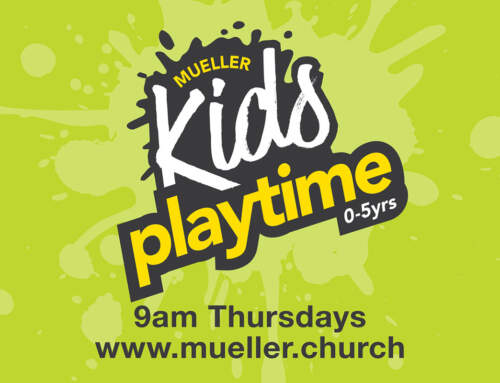Speaking aloud and verbalizing thoughts and emotions to another person often helps us sort them out fairly quickly or gain a new perspective on the issues. If you’ve never spoken to a counsellor you may have some uncertainties about what happens. I’ve listed a few of the most common concerns that tend to crop up. (For ease of reading I have referred to the counsellor as female and referred to person seeking counselling as the client.)
“I don’t have time!” Counselling is rarely a long term process, and most people only need a session or two to work through things. Occasionally, more sessions are needed, but it is up to the client to determine the frequency. Taking the time to come and talk things through can actually save a lot of wasted worry time.
“My issues are too silly or trivial to see anybody!” If something’s causing you concern, it is not too trivial. Sometimes you just need to gain another person’s perspective – an outsider’s view.
“How private are my conversations with a counsellor?” A counsellor is bound by a strict code of ethics and confidentiality is vital. The only time she may break that is when a client indicates he is likely to harm either himself or another person, or if she has been issued with a subpoena by a court of law.
“I have done some really stupid things. I’m afraid the counsellor will blame, shame or judge me.” This won’t happen – all clients are valuable people. All of us (counsellors included) have done silly things at times. Your counsellor will do all she can to help you feel safe, accepted, respected and relatively comfortable.
“I’m scared – I might lose control of myself and cry.” That’s okay – counsellors always have boxes of tissues in their rooms.
“I don’t like people telling me what to do!” A counsellor will rarely tell you what to do. She will encourage you to explore your different options, possible outcomes and decide on what steps you need to take to meet your goal. Only you can decide what you’re going to do.
“I have so much going on in my head, I don’t know where to start.” A counsellor’s first steps usually involve asking you some questions about yourself, your family, work and interests. She may also ask why you’ve come in to see her. Usually that’s enough to start the conversation.
“There are some things that are just too painful for me to talk about and I’m scared the counsellor will force me to go there.” The counsellor will never force a client to talk about anything. It is fine for a client to say he’d rather not answer a particular question. It’s up to the counsellor to create a safe enough place for you to share what you want and when you want to.
“I once went to a counsellor whom I didn’t like. Overall it was a terrible experience.” It’s a fact of life, that there are some people we have trouble relating to. Not all counsellors are the same. We all find some people easier to talk to than others. It’s fine to find another counsellor.
“My counsellor told me that I need to find another counsellor. Can she do this?” Yes, though she should tell you why she’s making that recommendation. No counsellor can meet the need of every single person, and she may feel that another professional has specialised experience in your concern area. A counsellor is not qualified to give medical or legal advice. Occasionally, a counsellor will meet a client and feel she can’t work with that person. We are all encouraged to be aware of our biases and it is better to suggest a client see another counsellor than to struggle on and cause the client issues. The counsellor should also take the issues she has to supervision (her counsellor/mentor).
If you have any other questions or concerns, please don’t hesitate to contact me.
Jenny Billingham
(If you have a topic that you’d like more information about and think might interest other parents, please don’t hesitate to email me with suggestions at j.billingham@mueller.qld.edu.au Thanks.)






